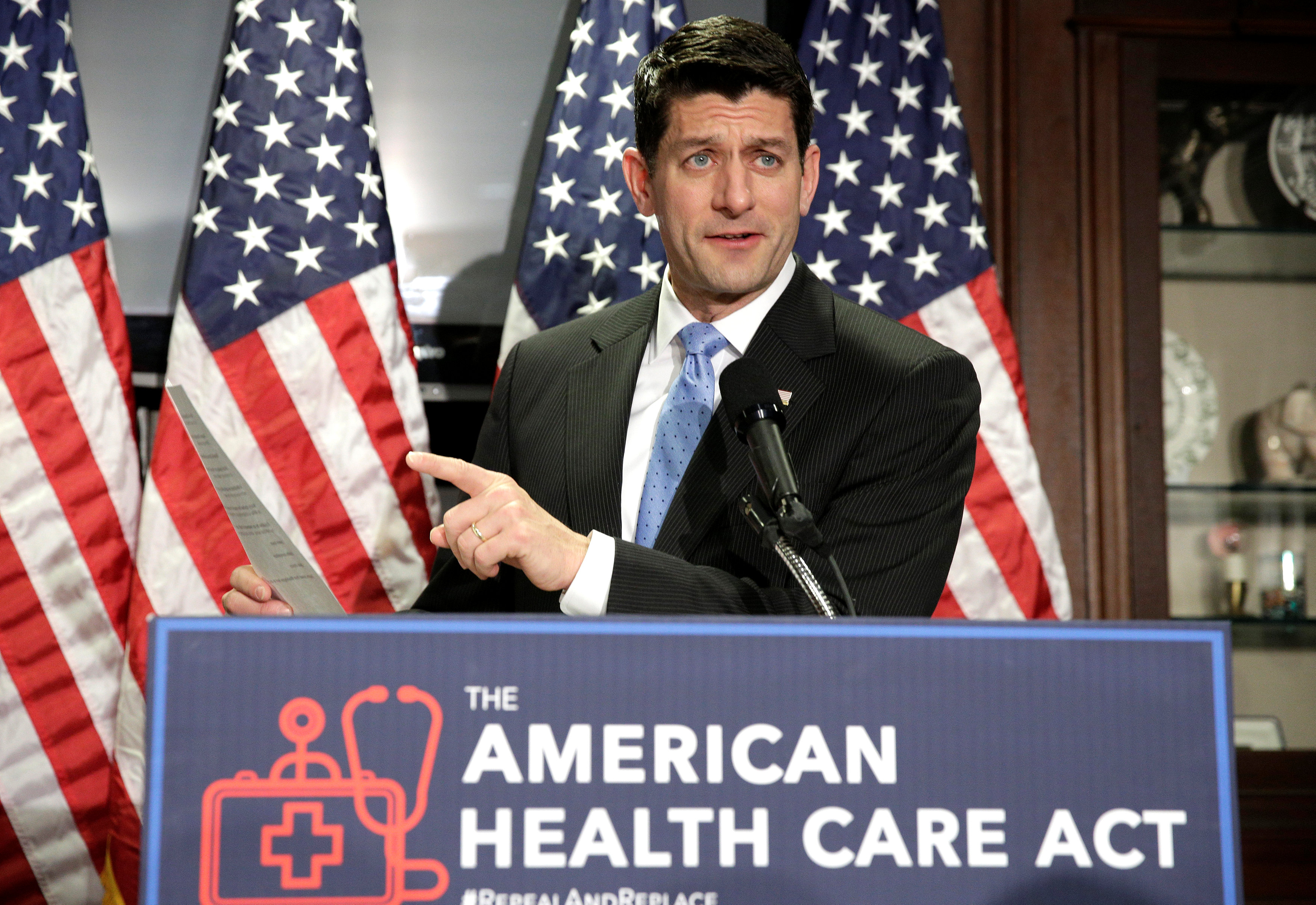

In addition to coverage gains for the uninsured, the House legislation would mean that millions more would see the cost of their coverage reduced, the quality of their coverage improved, or both. Urban estimates that most who would leave employer coverage would be those whose employer offers are deemed unaffordable - workers cannot access subsidized marketplace coverage unless their employers’ offers are deemed unaffordable or not comprehensive. That’s consistent with research showing that the ACA health coverage expansions have had little impact on employers’ decisions to offer coverage. In particular, the Urban Institute projected that policies similar to those in the House bill would have less impact on employer coverage than CBO did Urban expected that “only a very small number” of workers would leave employer coverage because their companies stopped offering coverage. The difference between the CBO and Urban Institute estimates partly reflects differences in policy assumptions, but also different underlying assumptions about individual and employer behavior. While CBO’s estimates of coverage gains are large, the Urban Institute recently projected that policies similar to those in the House legislation would have an even greater impact, with an estimated 7 million uninsured people gaining coverage in 2022. Expansion of premium tax credits, currently set to expire after 2022, has already prompted a surge in marketplace enrollment, with more than 2.8 million people gaining marketplace coverage between mid-February and mid-August this year, significantly exceeding projections of limited coverage gains in 2021 and 1.7 million additional enrollees in 2022. The bill would also make the American Rescue Plan’s expansion of premium tax credits permanent.

The House bill would permanently close the Medicaid “coverage gap,” which leaves 2.2 million people without any pathway to coverage - all of whom have incomes below the poverty line and 60 percent of whom are people of color - because their states have failed to adopt the ACA Medicaid expansion. This marks a meaningful step toward covering the uninsured, though more work remains. Of those gaining subsidized coverage, 4 million would enroll in Medicaid and another 3.6 million would enroll in the marketplaces. Overall, CBO estimates that under the House legislation, 7.6 million people would gain coverage subsidized through Medicaid and the Affordable Care Act (ACA) marketplaces, and nearly 4 million uninsured people would gain coverage. Millions of people would gain health coverage - and millions more would gain financial assistance to make coverage more affordable - under the House’s Build Back Better legislation, a new Congressional Budget Office (CBO) analysis estimates.


 0 kommentar(er)
0 kommentar(er)
